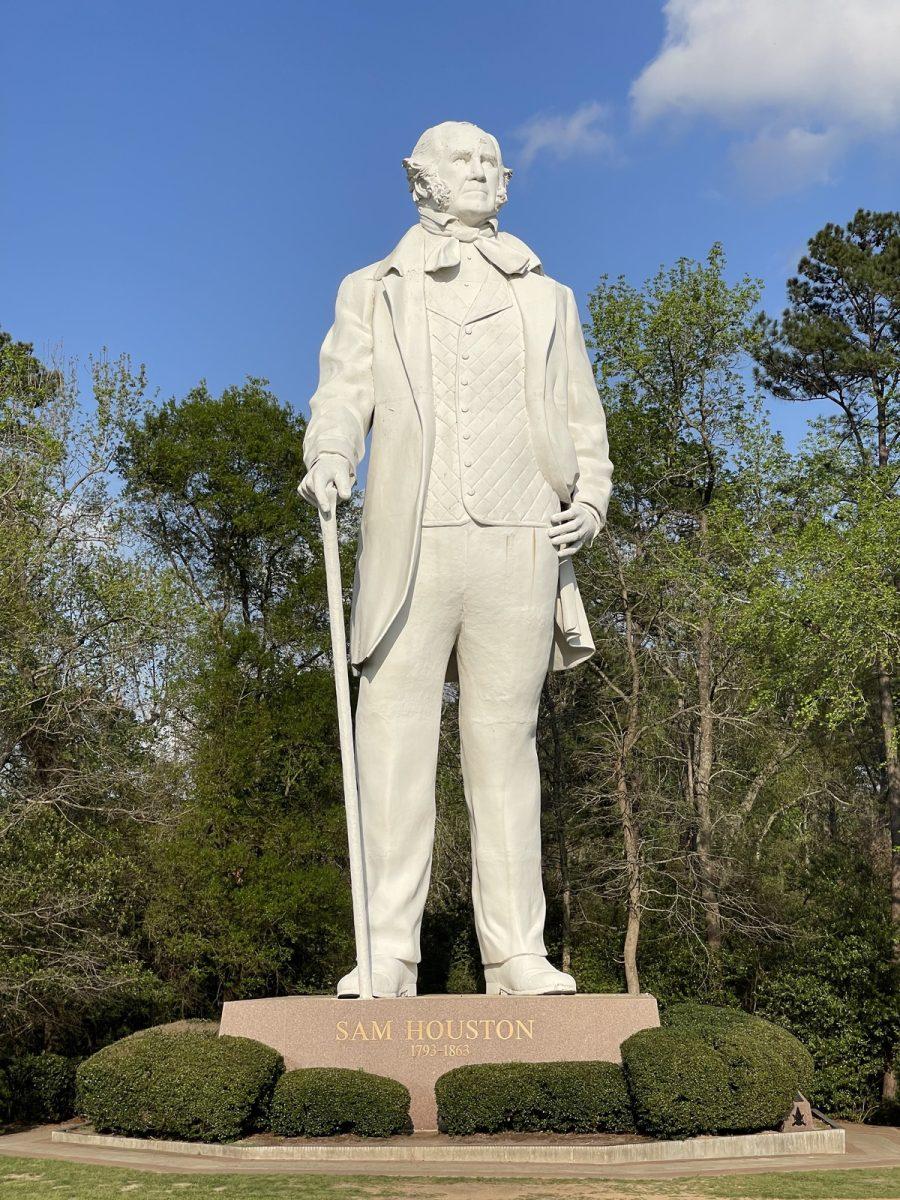They both strike the air with their fists to the enchantment of their audience. At the applause and cheering, subtly rallying desire for revolution in their crowd. They were of different eras, but with the same message. The two orators I am referring to are William Jennings Bryan and Bernard “Bernie” Sanders. Shown in the political rise of these two leaders is populism, not bound by political ideologies of right or left, but driven instead by policies that are of an immediate benefit to the people within the present time.
In 1896, the Democratic nominee for President was William Jennings Bryan. He could be characterized as an underdog by anyone’s definition. After merely a quarter century since the civil war, Democrats controlled the White House only 8 years of that period. His candidacy stood to shake up Washington. He protested the Gold Standard, a position held by Republicans. The gold standard was the backing of America’s currency by gold. This meant that value of the American currency was directly linked to the changing price of gold. Put simply, under a gold standard system, one United States dollar would be equal to a certain allotment of pure gold. Bryan argued to an alternative to the Gold Standard. He believed in the free coinage of silver, being that silver is cheaper than gold. Backing the United States currency with bimetallism, a combination of gold and silver, which meant that cash poor farmers, farmers that needed cash to pay off their debts, could have more flexibility due to the increased inflation of the currency. Bringing inflation to the poor farmers of America was endorsed by many organizations within the 20 years before the election of 1896, such as the farmer’s alliance, the Greenback Party and the Populist Party of the 1880s and early 1890s. Bryan was referred to at times as the Great Commoner for his powerful ability to connect with “the people.” He united the various advocates of inflation. He believed the country needed a leader like Andrew Jackson, who was a bulwark of change to an earlier America.
Bernard “Bernie” Sanders drew a lot of his inspiration from the time of William Jennings Bryan. He agreed with Bryan’s philosophy of the common good and shared an admiration for a supporter of Bryan’s 1896 campaign, a man named Eugene V. Debs. Debs, a five-time candidate for President of the United States, ran on a socialist platform. Additionally, like Bryan, Sanders spoke to the issues of a common man. While Bryan’s audience was the debt-ridden farmers of an agrarian America, Sanders spoke to the debt-ridden college students of America. In Sander’s 2016 stump speech for President, there was very little, if any, mention at all of events taking place thousands of miles away concerning the realm of foreign policy. No. The Democratic Socialist held true to the issues of the common man.
Just as Bryan had done 120 years before, Sanders characterized the election as more than just passing the baton of leadership. At the end of the Great Commoner’s speech referred to as the “Cross of Gold,” Bryan considers the election of 1896 as “the issue of 1776 over again.” Much like Sanders’ constant reference to his campaign as a revolution. Though similar in rhetoric, Bryan and Sanders were different in much of the ways a modern man and an antiquated one believed. But what unites these two political campaigns, what united a 19th century protestant and a 21st century Jew, is their shared ability to speak to the immediate issues of people.
Any movement that advocates for something that brings an immediate relief to a set of people, usually a lower class, is Populism. In Bryan’s day, it was his opponent, William McKinley who supported high tariffs on imported goods that, in Bryan’s view, hurt farmers because of the high resulting tariffs in the countries they traded with. In 2016, it was the populist Bernie Sanders who was for the higher tariffs, for eliminating free trade agreements to bring manufacturing jobs back to the United States. In 1896, William Jennings Bryan spoke to the farmer’s burdensome debt. In 2016, Bernie Sanders spoke to the college student bogged down by outstanding student loans. Both issues though separated by more than a century in time were the direct issues of the people and not ideological ones conjured up by those in Washington. This further reveals that the policies of a populist campaign change throughout time, it is the only sort of political movement where the context of the current time is paramount.
Nothing embodies a populist better than Donald J. Trump. His views were inconsistent with political norms. The businessman mogul spent his time on each dividing side of abortion and healthcare, as a republican and as a democrat. The combination of his supposed ability to “make deals” and “win” propelled him with amazing acceleration above the ideological bounds of conservative or liberal beliefs. He had a great, possibly unconscious, understanding of the context of the current time. With what some view as unprecedented vulgarity, he took advantage of the rising disgust of political correctness and made his promise to “make America great again”, focusing on the issues of trade, illegal immigration, and national security.
If it be William Jennings Bryan, Bernie Sanders, or Donald J. Trump, each man campaigned as a populist, not tied to ideology or party, but only to their supporters supposed immediate interests.





